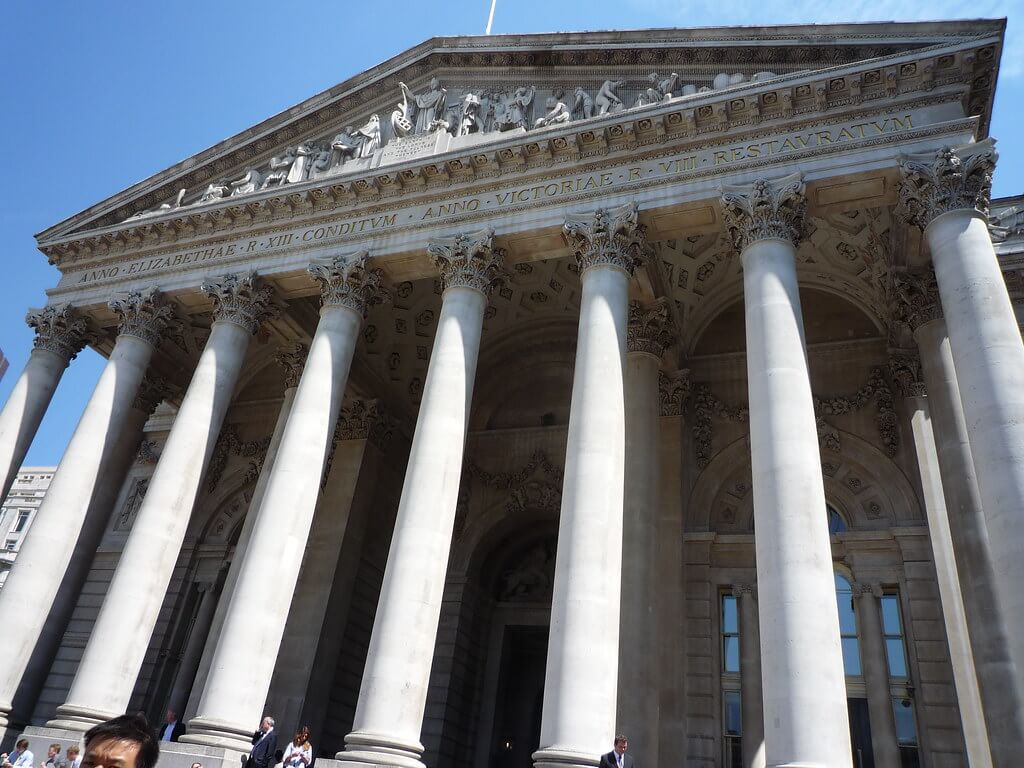According To The BOE Chief Economist, The UK’s Fiscal News Requires A Significant Policy Response
Huw Pill, Chief Economist at the Bank of England, stated that the UK government’s budget statement and the market reaction that followed necessitate a large monetary policy response, but the ideal moment to analyse their impact would be during the institution’s regular meetings.
Pill stated at an event on Tuesday that Chancellor of the Exchequer Kwasi Kwarteng’s tax-cutting scheme has produced a major repricing of market assets, posing a risk to the bank’s inflation target. He believes that fiscal policies will function as a stimulus for demand.
Nonetheless, he appeared to push back against requests for emergency BOE action, claiming that the right vehicle for analysing the news is the BOE’s regular predictions, which are coming out in November. He believes that monetary policy should be conducted in a deliberate, low-frequency manner.
“We have all seen the significant fiscal news in the last few days — that has significant implications for the macro outlook,” he said. “On the back of that, in anticipation of looser fiscal policy, it’s hard not to draw the conclusion that this will require a significant monetary policy response.”
The remarks follow Kwarteng’s mini-budget announcement on Friday, which triggered a two-day sell-off in UK assets, sending the pound to a record low versus the dollar and sending government bonds plunging.
The reaction further fueled speculation that the BOE may be forced to declare an emergency rate hike to stop the impact. In the end, both the BOE and the UK Treasury issued statements to calm financial markets, with the central bank stating that it was “very closely” monitoring financial markets and that policymakers “will not hesitate to change interest rates by as much as needed to return inflation to the 2% target sustainably in the medium term.”
The BOE also stated that it will conduct a “full assessment” of the government’s budget intentions in November. Investors are already pricing in around 160 basis point rise at that meeting, which is more than three times the move revealed last week.
The pound maintained its early gains while Pill spoke, rising 0.8% to approximately $1.0780. Meanwhile, money markets increased their bets on future tightening, pricing in an additional four percentage points by May. The BOE’s key rate would rise over 6%, from 2.25% presently.
Yet spooked traders and financial experts have warned that sterling is likely to hit parity with the dollar this year.
Conservative supporters of failed prime ministerial candidate Rishi Sunak claim he warned of economic problems.
As a fresh YouGov poll gave Labour a historic poll lead of 17 points, senior Conservative Huw Merriman claimed Liz Truss was losing supporters “with policies we warned against.”
In other news, lenders started withdrawing some mortgages on Monday as a result of Mr Kwarteng’s £45 billion tax cut package announced on Friday.
The Chancellor also stated that he will present a “medium-term fiscal plan” to begin reducing debt levels. Instead of the new year, it will be published on November 23.
The Treasury said it will now be released on November 23, rather than the new year, and would include more specifics on the Government’s fiscal principles, such as guaranteeing that debt as a proportion of GDP reduces in the medium term.
Some analysts cautioned that the Bank of England and the Treasury’s pronouncements were ‘too little, too late.’ International observers were also predicting bleak futures for the British economy.
The high-profile economist Larry Summers tweeted: “I was very pessimistic about the consequences of utterly irresponsible UK policy on Friday. But, I did not expect markets to get so bad so fast.
“A strong tendency for long rates to go up as the currency goes down is a hallmark of situations where credibility has been lost. This happens most frequently in developing countries… I cannot remember a G10 country with so much debt sustainability risk in its own currency.”
Mr Summers also took aim at the Chancellor and the Bank of England’s response to the problems and suggested the pound ‘will find its way below parity with both the dollar and euro.’
Alastair George, chief investment strategist at Edison Group, said: “There is no rate increase today and speculators will enjoy the prospect of two months of Bank of England inactivity if the statement is taken at face value.”
Labour’s shadow chancellor Rachel Reeves said that the government couldn’t afford to wait until November to lay out its plans, and that the people needed reassurance right away.
“It is unprecedented and a damming indictment that the Bank of England has had to step in to reassure markets because of the irresponsible actions of the Government,” she said.
Speaking at a fringe meeting at Labour’s conference, she branded the chancellor ‘grossly irresponsible.’
As he talked up Labour’s chances of winning the next general election, shadow health minister Wes Streeting warned mortgage lenders that the “cavalry is coming.”
Downing Street has previously stated that the Government will continue with its tax-cutting plans.
The UK has the second lowest debt-to-GDP ratio in the G7 group of leading industrialised nations, according to the Prime Minister’s official spokesperson, and insisted that the Government’s plans are ‘fiscally responsible’.
Online sources: finance.yahoo.com, metro.co.uk All opinions and views expressed or suggested by the Digital Zeitgeist are not necessarily the same opinions and views held by or suggested by GPM-Invest plus any and all partners, affiliates, parties, or third parties of GPM-Invest. Any type of media distributed by GPM-Invest IS NOT financial advice. Please seek advice from a professional financial advisor

